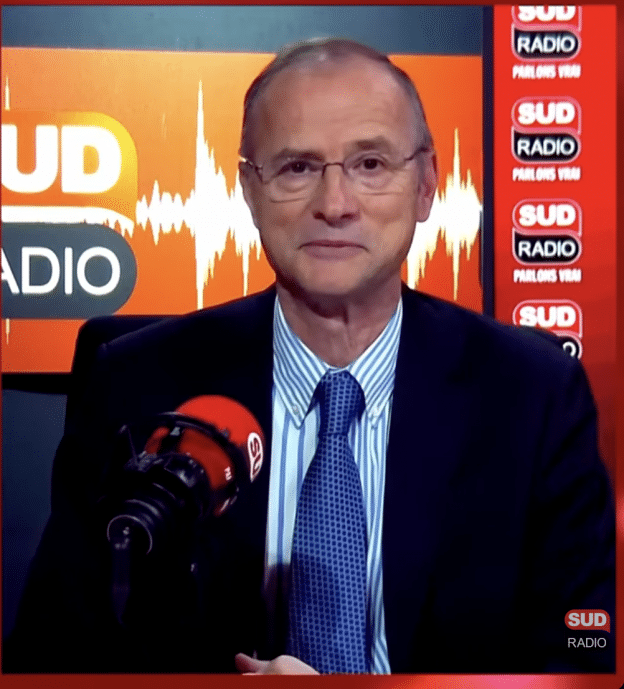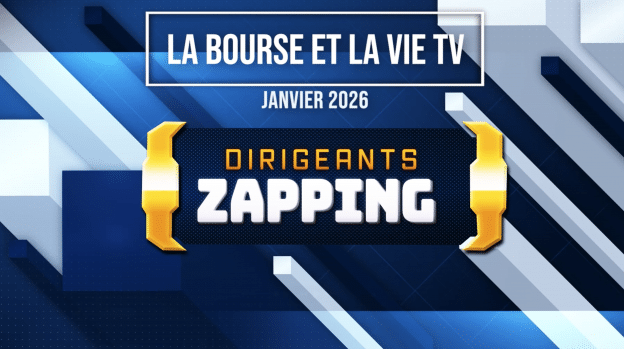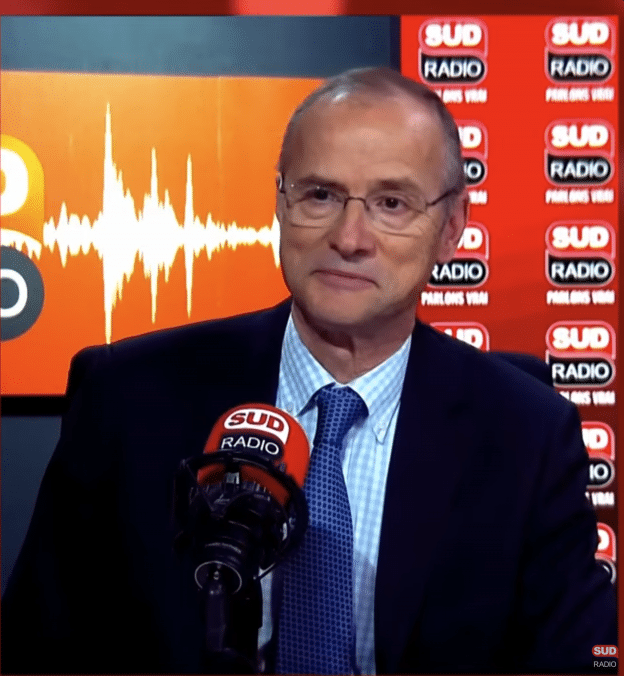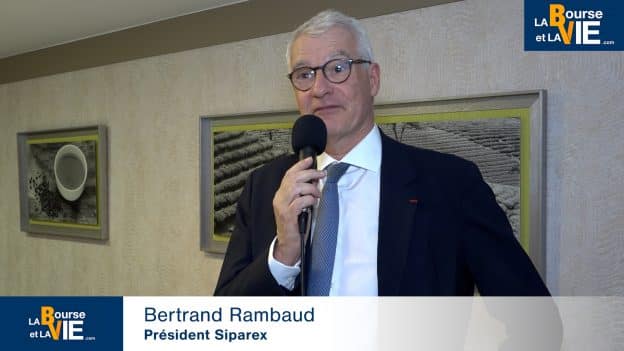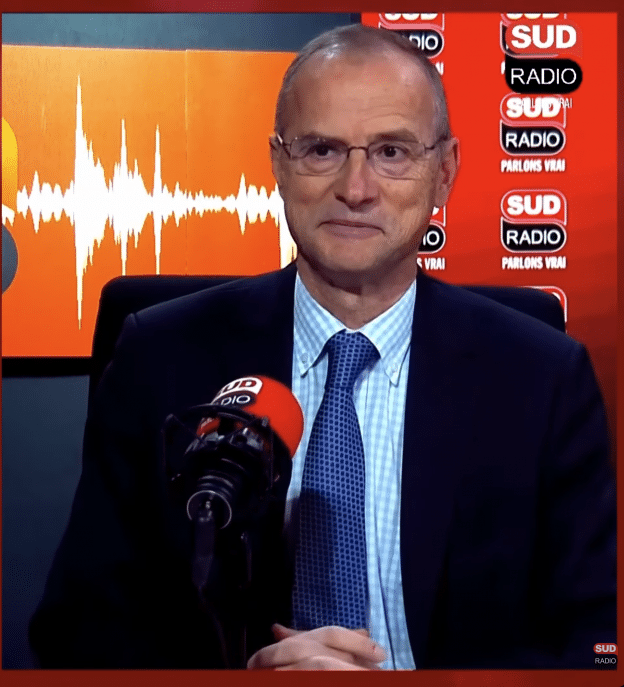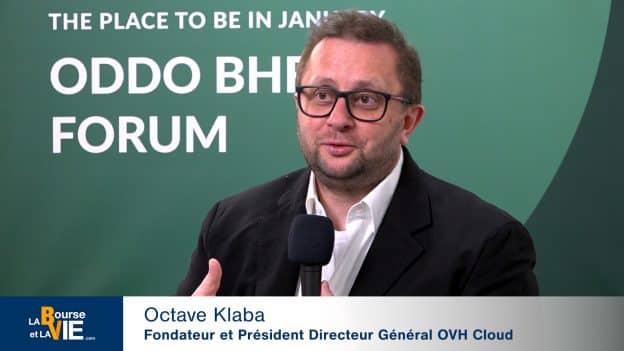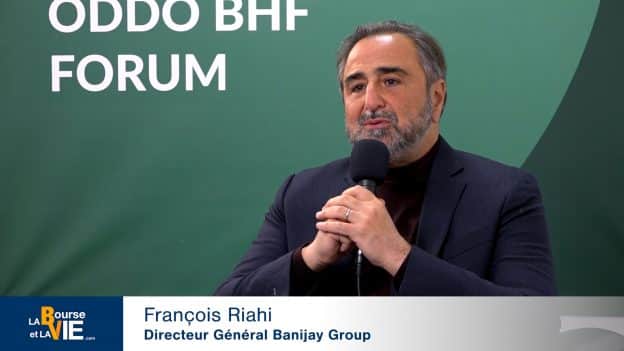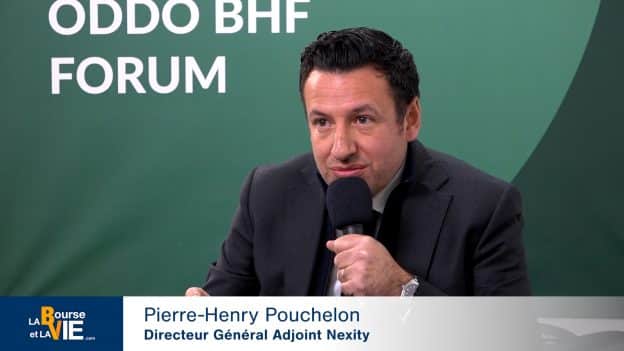Hier, lors de la session des ?Late Breaking Clinical Trial? du congrès
Euro-PCR, et en publication simultanée dans l?European Heart Journal, le
Professeur Uwe Zeymer de l?hôpital de Ludwigshafen, Allemagne, a
présenté une communication intitulée : « La bivalirudine est supérieure
à l?héparine seule avec utilisation en « bailout » d?inhibiteurs de
glycoprotéine (GP) IIb/IIIa chez des patients ayant un infarctus du
myocarde avec sus-décalage du segment ST (STEMI) et transportés
d?urgence pour bénéficier d?une angioplastie primaire : une analyse
pré-spécifiée de l?étude EUROMAX. »
L?étude EUROMAX a étudié 2198 patients avec infarctus du myocarde
(STEMI) qui ont été transportés en urgence vers une procédure cardiaque
(angioplastie primaire) qui visait à reperfuser les artères coronaires
occluses par un caillot sanguin – la cause sous-jacente de l?infarctus
du myocarde. Le traitement avec la bivalirudine (Angiox) a été comparé à
de l?héparine non fractionnée ou une héparine de bas poids moléculaire
avec une utilisation optionnelle d?inhibiteurs de GP IIb/IIIa. Comme
reporté l?année dernière dans le New England Journal of Medicine, cet
essai a atteint tous ses critères pré-spécifiés.
L?auteur principal et rapporteur de cette nouvelle analyse, le Pr Uwe
Zeymer, de l?hôpital de Ludwigshafen en Allemagne, précise : « les
résultats de cette analyse pré-spécifiée de sous-groupe sont cohérents
avec l?ensemble des résultats cliniques d?études. L?utilisation de
bivalirudine se traduit par des taux significativement moindres sur le
critère principal et les saignements majeurs quelque soit l?utilisation
en routine ou « bailout » d?inhibiteurs de GP IIb/IIIa. »
L?investigateur principal de l?étude EUROMAX, le Professeur P. Gabriel
Steg de Hôpital Bichat à Paris précise : « les résultats de cette
analyse pré-spécifiée de sous-groupe sont en phase avec l?ensemble des
données d?études et montrent que les réductions sur le critère principal
et les saignements majeurs observés avec la bivalirudine par rapport à
l?héparine sont cohérents quelque soit l?utilisation des inhibiteurs de
GP IIb/IIIa. Cependant, l?augmentation absolue de 1% des thromboses
aiguës de stent dans l?étude EUROMAX était également observée dans cette
analyse prévue a priori. »
About Angiox/Angiomax
In the United States, bivalirudin is marketed under the trade name
Angiomax® and is indicated in patients undergoing PCI with provisional
use of GPI and in patients with, or at risk of, heparin-induced
thrombocytopenia and thrombosis syndrome (HIT/HITTS) undergoing PCI. In
addition, Angiomax is also indicated for use as an anticoagulant in
patients with UA undergoing percutaneous transluminal coronary
angioplasty (PTCA). Angiomax is intended for use with aspirin. Angiomax
is not approved for use in patients with acute coronary syndromes (ACS)
not undergoing PCI or PTCA. Please see full prescribing information for
Angiomax, available at http://www.angiomax.com.
In Europe, bivalirudin is marketed under the trade name Angiox® and is
indicated as an anticoagulant for adult patients undergoing PCI,
including patients with STEMI undergoing primary PCI. Angiox is also
indicated for the treatment of adult patients with unstable
angina/non-ST segment elevation MI planned for urgent or early
intervention. Please see full prescribing information available at http://www.angiox.com.
In clinical trials comparing Angiomax and heparin, the most common
adverse reaction for Angiomax was bleeding (28%). Other common adverse
reactions were headache, thrombocytopenia and fever. An unexplained fall
in blood pressure or hematocrit, or any unexplained symptom, should lead
to serious consideration of a hemorrhagic event and cessation of
Angiomax administration. Angiomax should be used with caution in
patients with disease states associated with an increased risk of
bleeding.
In gamma brachytherapy, an increased risk of thrombus formation,
including fatal outcomes, has been associated with the use of Angiomax.
Angiomax is contraindicated in patients with active major bleeding or
hypersensitivity to Angiomax or its components.
About EUROMAX
EUROMAX (EUROpean aMbulance Acs angioX trial) was a 2,218 randomized,
controlled, open label, international, multicenter study that compared
early administration of bivalirudin, which is marketed as Angiox in the
European Union, and Angiomax in the US, to heparins with or without
glycoprotein inhibitors (GPI). Patients with ST-segment elevation
myocardial infarction (STEMI) who were being transported for primary PCI
received either bivalirudin or unfractionated or low-molecular-weight
heparin with optional GPI (control group). At 30 days, the primary
outcome was a composite of death or major bleeding not associated with
coronary-artery bypass grafting (CABG), and the principal secondary
outcome was a composite of death, reinfarction, or non-CABG major
bleeding. Patients who were assigned to the bivalirudin group received a
bolus of 0.75 mg per kilogram, followed by an infusion of 1.75 mg per
kilogram per hour, which should be continued for at least 4 hours after
PCI. The protocol also specified that the dose during the post-PCI
interval should be 0.25 mg per kilogram per hour; however, continuation
of the higher dose used during PCI was also permitted. Bailout use of a
GPI was allowed in the event of giant thrombus or no-reflow.
About The Medicines Company
The Medicines Company’s purpose is to save lives, alleviate suffering
and contribute to the economics of healthcare by focusing on 3000
leading acute/intensive care hospitals worldwide. Its vision is to be a
leading provider of solutions in three areas: acute cardiovascular care,
surgery and perioperative care, and serious infection disease care. The
company operates in the Americas, Europe and the Middle East, and Asia
Pacific regions with global centers today in Parsippany, NJ, USA and
Zurich, Switzerland.
Statements contained in this press release about The Medicines Company
that are not purely historical, and all other statements that are not
purely historical, may be deemed to be forward-looking statements for
purposes of the safe harbor provisions under The Private Securities
Litigation Reform Act of 1995. Without limiting the foregoing, the words
« believes, » « anticipates » and « expects » and similar expressions, are
intended to identify forward-looking statements. These forward-looking
statements involve known and unknown risks and uncertainties that may
cause the Company’s actual results, levels of activity, performance or
achievements to be materially different from those expressed or implied
by these forward-looking statements. Important factors that may cause or
contribute to such differences include whether physicians, patients and
other key decision makers will accept clinical trial results and such
other factors as are set forth in the risk factors detailed from time to
time in the Company’s periodic reports and registration statements filed
with the Securities and Exchange Commission including, without
limitation, the risk factors detailed in the Company’s Quarterly Report
on Form 10-Q filed with the SEC on May 12, 2014, which are incorporated
herein by reference. The Company specifically disclaims any obligation
to update these forward-looking statements.


